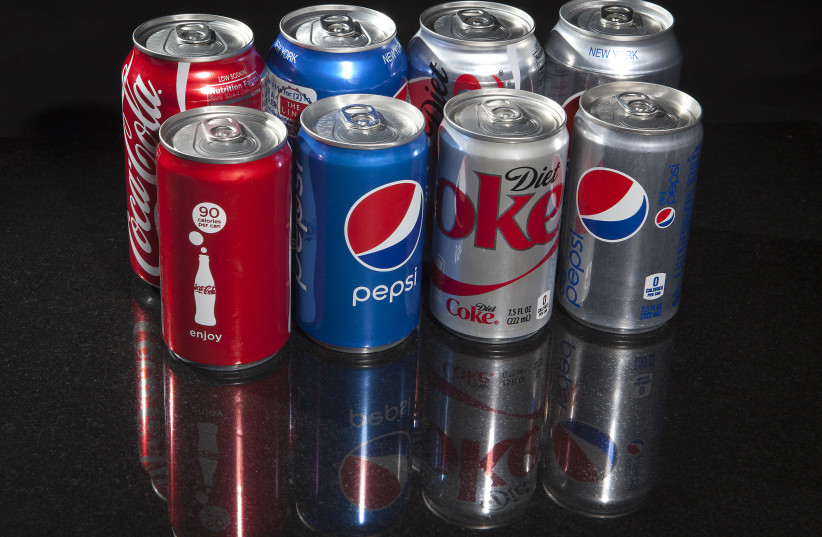In today's challenging times, we often turn to sweets for comfort, even if it's just a fleeting moment of joy followed by guilt. Many people opt for low-sugar, low-calorie treats with artificial sweeteners, believing they are healthier.
However, mounting evidence suggests that these sweeteners can wreak havoc on our bodies and minds. Several studies have indicated a potential link between consuming artificial sweeteners and an increased risk of depression, although more research is needed to draw conclusive results.
The studies reveal that the sweet taste, whether from natural sugars or artificial sweeteners, activates reward pathways in the brain. This activation triggers the release of neurotransmitters like dopamine, which is associated with pleasure and reward.
Artificial sweeteners were designed to mimic sugar's taste without the caloric load, assuming that they would improve mood (due to their sweetness) and aid weight loss (as they are low in calories), potentially preventing depression.
Research shows a different perspective
Some studies suggest that artificial sweeteners may not stimulate the reward pathway like natural sugars, leading to feelings of frustration and negative mood despite consuming sweet foods. Additionally, disappointment with sugary substitutes can increase the craving for sweet-tasting foods, resulting in excessive consumption and weight gain.

One study on the link between mood and artificial sweeteners examined various aspects, including the neurobiological effects and impact on gut microbiota. However, the evidence in these areas remains inconclusive, emphasizing further research.
It's essential to recognize that individual reactions to sweeteners can vary, influenced by genetics, childhood gut bacteria composition, diet, and lifestyle. Moreover, most studies have concentrated on specific sweeteners like aspartame and sucralose, necessitating further investigation into the broader impact of different sweeteners on mental health.
A study published in the JAMA Network Open in September analyzing the effects of processed foods on health followed over 30,000 women for 14 years.
The research revealed that those who consumed nine or more servings of ultra-processed foods, particularly those containing artificial sweeteners, had a more than 49% higher risk of developing depression compared to those who consumed fewer than four servings per day.
Drinks with artificial sweeteners were found to pose the most significant risk of depression, while other foods containing alternative sweeteners, excluding sugary drinks, increased the risk by 26%. Among all the processed foods studied, artificial sweeteners were identified as the most vital contributing factor to the risk of depression. However, it's important to note that while some studies suggest a potential link between sweeteners and depression, the overall evidence remains inconclusive.
Before banishing diet sodas from your fridge, it's crucial to understand that the study mentioned above, which strongly supports the connection between sweeteners and depression, is a cohort study and not a controlled clinical study.
Therefore, additional clinical trials are necessary better to understand the complex interactions between sweeteners and mental health, considering individual differences and a wider variety of sweeteners. Until more research is conducted, it is advisable to significantly limit the consumption of artificial sweeteners in our daily diets. In uncertain times when depression rates continue to rise, it's better to exercise caution now than to regret it later.
Dr. Tori Goldstein is a clinical dietitian for Leumit Health Services.
